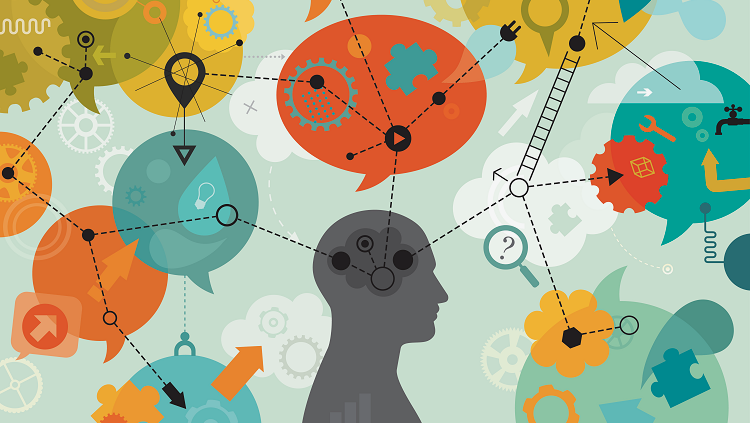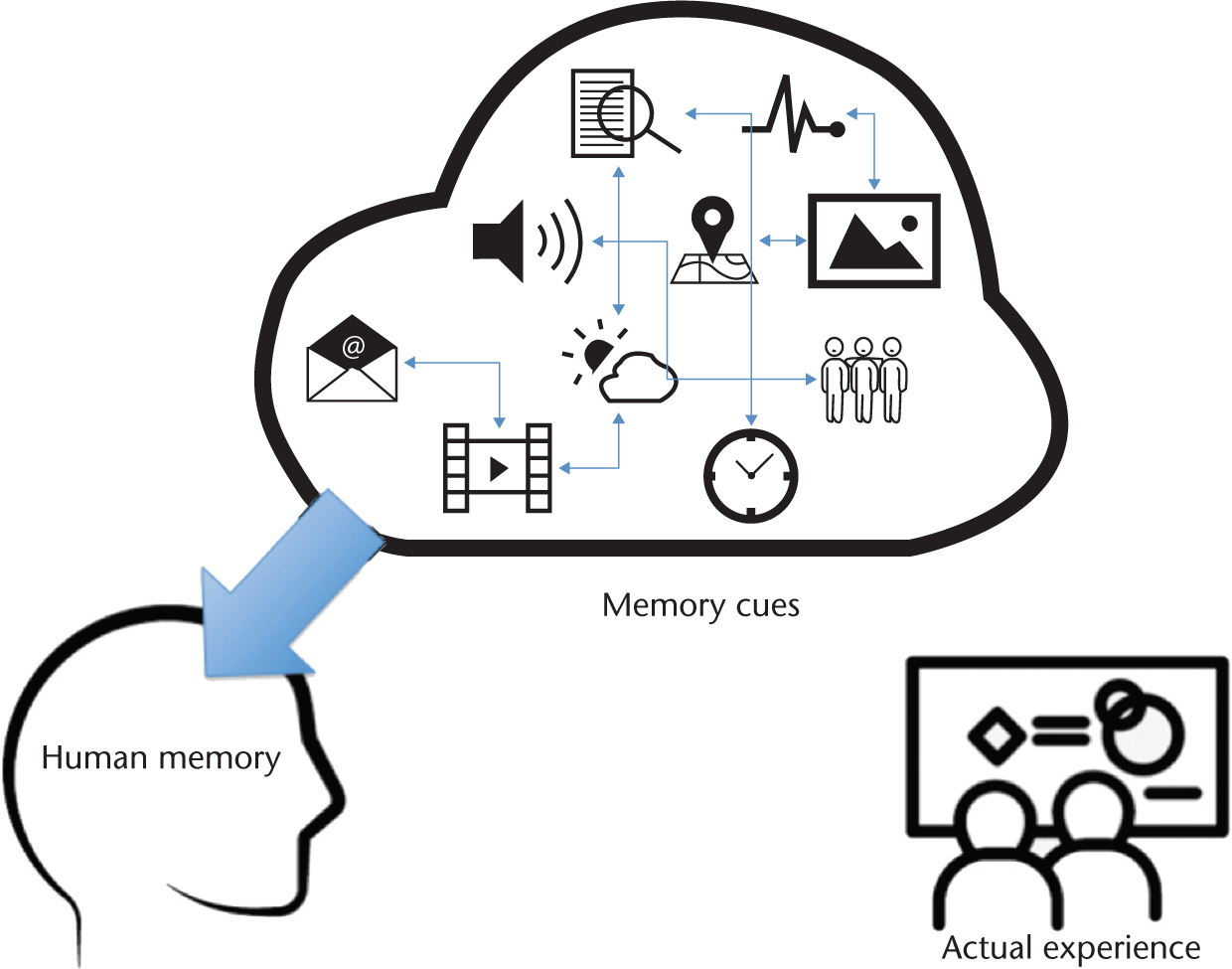
Have you ever had such an experience in your daily life? Imagine that you are doing readings on a textbook, when you find some key points and want to mark them down. There is no marker around , so you get up to find the frequently-used pink marker in another room. However, you get distracted after getting out of your room and find yourself in the living room. At this moment, you ask yourself: why am I here? You just forget what you are doing here.

You have to go back to your room and it is only when you sit down and reread the text that you recall the initial thought. “Oh! Here is a key point and I need to get my pink marker!” and you rush out again. This situation is quite common for people of all ages every day. While, it leads me to ask why people can recall their memory after returning the original spot. Is the pen, or another mark on the book that serves as a latent reminder?

In another case, I was frustrated by the low score of math exam once. In such a bad mood, I suddenly remembered a traumatic experience with my math teacher several years ago when I was greatly wronged and suffered a lot. Under this circumstance, my negative emotion as a clue led me towards a flood of depressing experiences deep in my memory and made me too distracted to get down to studying anymore.
Such memory associations are so common that the idea of memory stimuli come to my mind. According to “The human memory” (2018), memory retrieval refers to the re-accessing of events from the past, which have been encoded and stored in the brain. The retrieval cue is a prompt stimulating and triggering the retrieval of the memory (Cherry, 2007). Utilizing retrieval cues can be unconscious like cases mentioned above or be action on purpose. For example, it’s important for students to retrieve the learned knowledge through cues and answer questions in the test. If we can understand the mechanism of unconscious retrieval cues, this may generate insights into how to facilitate successful memory retrievals for many purposes in daily life.
Therefore, this leads me to the research topic: How and what kinds of retrieval cues can make people access past memories? And how this impact can be applied to memory consolidation?

My Plan
My research plan is first to study the relevant academic articles to justify the existence of retrieval cues.
I will conduct two interviews with people having experiences of retrieval cues. The first interview will ask some simple questions to study different kinds of cues. The second interview will be set with in-depth and oriental questions with experiments to explore the beneficial application of retrieval cues to our life.
Based on the resource collection and two interviews, I will finally try to solve my research question through a conclusion academically and put forward some new findings in the fourth blog.
(496 words)
Photos retrieved from:
Fig.2 https://daily.wordreference.com/2017/01/26/basic-word-of-the-day-forget/
Fig.3 https://www.verywellmind.com/memory-retrieval-2795007
Fig.4 https://www.computer.org/csdl/mags/mu/2016/02/mmu2016020004.html
References
Cherry, K. (2007, September 7). How Information Retrieval From Memory Works. Retrieved from https://www.verywellmind.com/memory-retrieval-2795007
The Human Memory. (2018). Memory Processes. Retrieved from http://www.human-memory.net/processes_recall.html